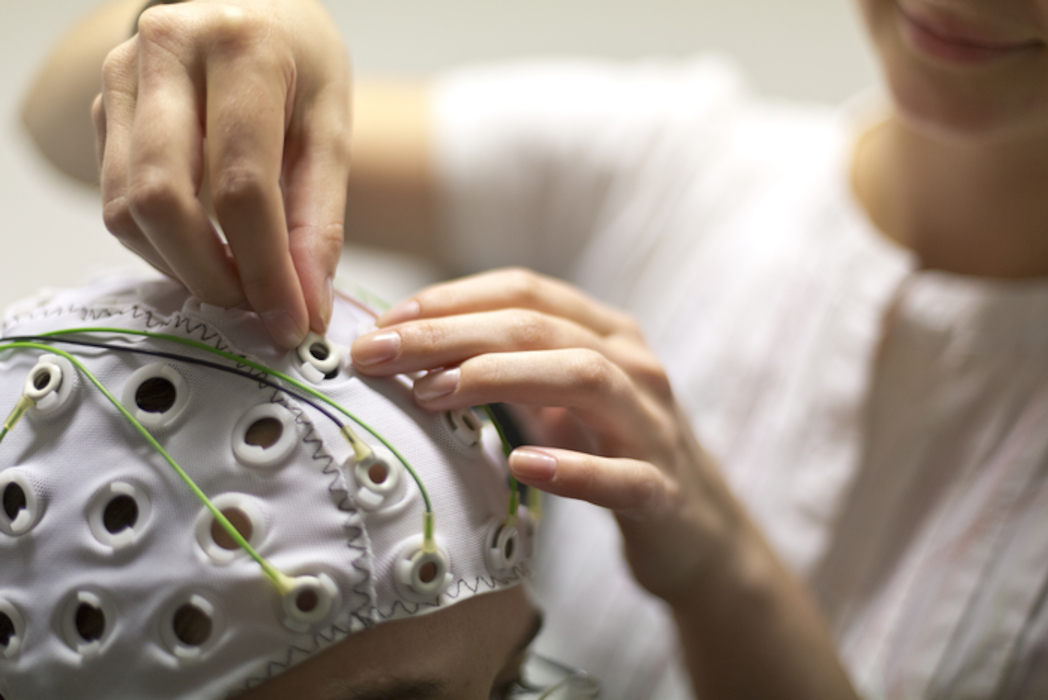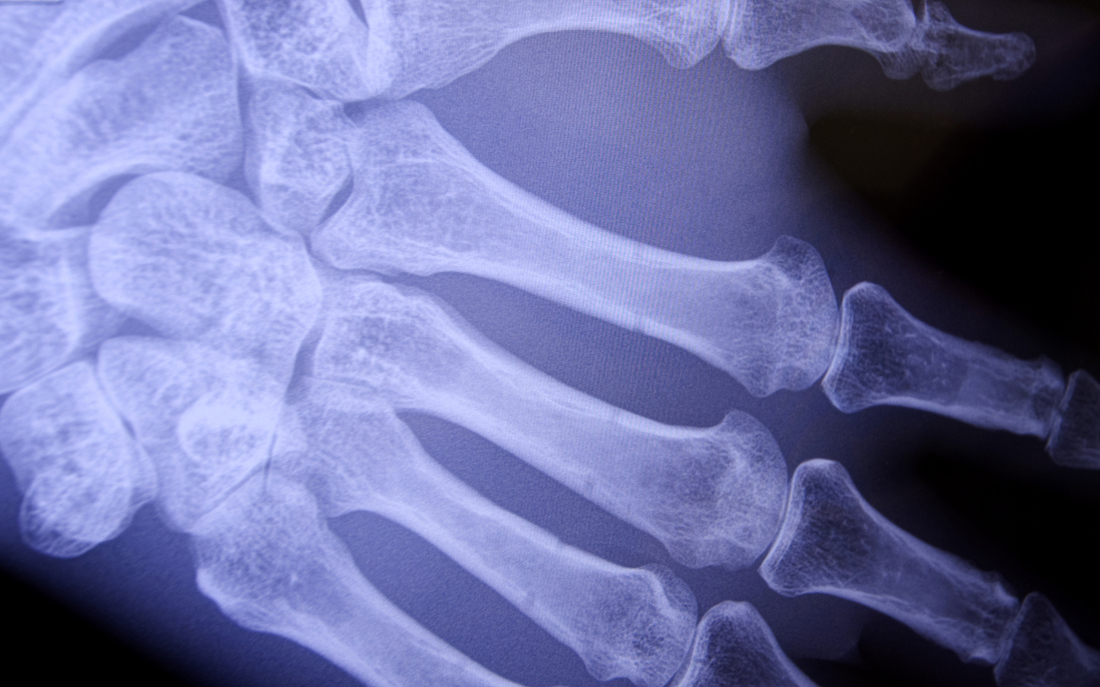This requires a sound knowledge of human (or animal) anatomy, physiology and psyche. The natural sciences of biology, biochemistry, chemistry and physics play a major role as basic sciences. In empirical psychology, social science methods are also used.
Physicians and psychologists must be prepared to adapt to new developments in medical research and technology constantly and to deal with the ethical issues of the profession. Students should be interested in helping or nursing people (or animals), but must maintain distance and objectivity.
It is only possible to study human medicine, dentistry and veterinary medicine at universities.
In the field of health sciences, students acquire specialist knowledge for management and staff functions, in particular scientifically based nursing, management and leadership skills as well as pedagogical and didactic qualifications.
The field of psychology deals with how people act and behave. This is researched through observation, experimentation and testing. Psychology is made up of a number of sub-disciplines such as clinical psychology, developmental psychology and biological psychology.
Sports science deals with all facets of the phenomenon of sport. This includes, for example, physiology, exercise and training theory, sports didactics, medicine, sports law and sports administration. Students can choose from a range of specialisation options and have career opportunities as active athletes in recreational, competitive and competitive sports, but also in health prevention and therapy.








